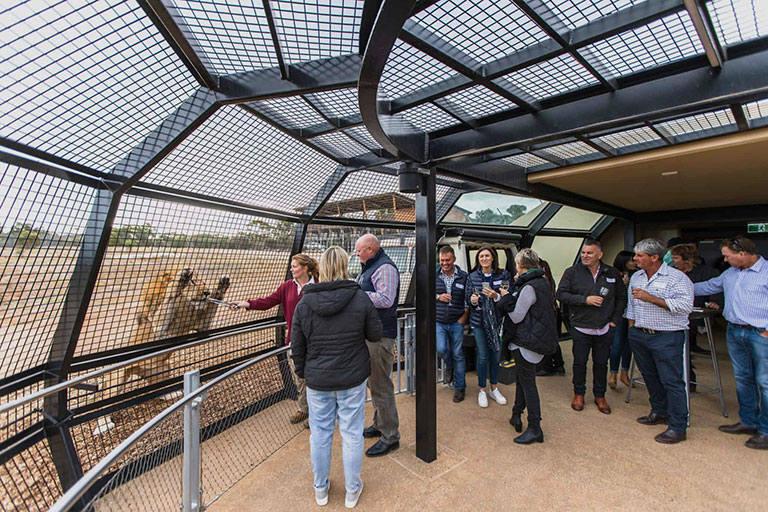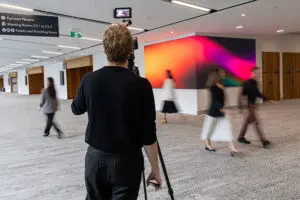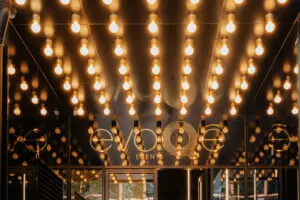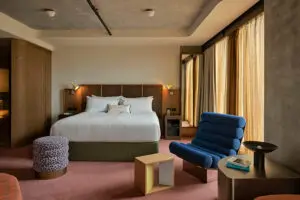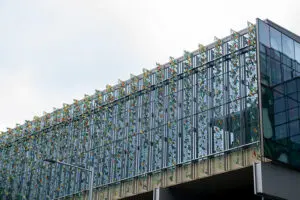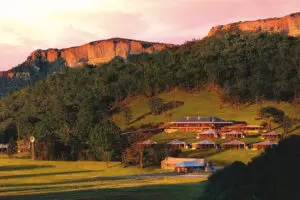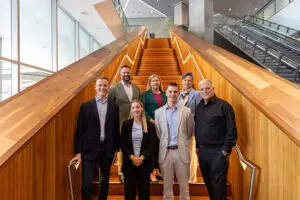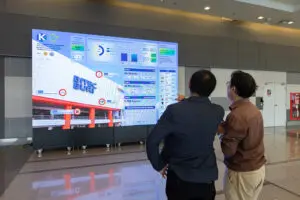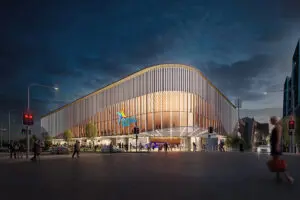Director of Monarto Safari Park, Peter Clark, explains that the park has an open range style covering 1,550 hectares where they have fewer species but larger numbers of animals, “so more like in the wild, here you will see herds or clans or prides of animals”.
“Our lions have a habitat of about 30 acres, a fairly big area to roam in, and we have a bus tour that goes through there so you can see them quite close. But we wanted to do something a little bit closer than that,” he says, about to reveal the twist.
“What we had been thinking about for some time was the idea of people being on exhibit rather than the animals.
“So we built a tunnel into their habitat and opened [it] up at the other end…obviously we’ve got some safety mesh, but when you come out, there’s the lions, all over you – on the roof looking in, on the sides. You become the experience for them. They love coming over, they are very curious and like getting close to people,” Clark says.
The experience, known as Lion360, includes a supervised feeding option. He believes Lion360 is unique in the world and has proved popular for business events. Meeting planners often use the domed space for a refreshment break while the main presentation elements of an event take place in a dedicated area – Waterhole Function Centre for 180 cocktail or 80 in theatre is a good lion’s roar away. A smaller event space is the Pamoja Room that suits 40 theatre or 26 in a classroom layout.
Clark says the lions are just one example of the conservation work being undertaken at Monarto, with both lion and cheetah cubs being born in captivity. They are still regarded as endangered with an estimated 20,000 lions left in the wild.
Adelaide’s city zoo, which is famous for its Asian and Australian animals, is popular for its exclusive panda program, however it has failed to produce any offspring so far. Asked whether some new pandas might be sought from China, Clark says they are hopeful the thaw in government-to-government relations might enable some panda-swap diplomacy.




